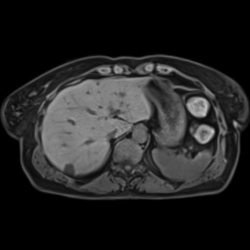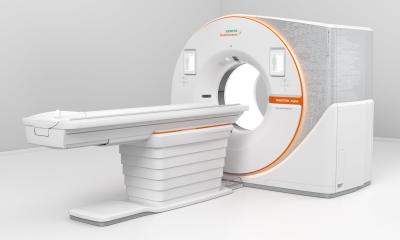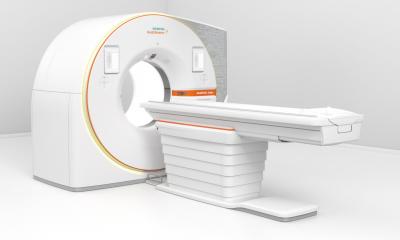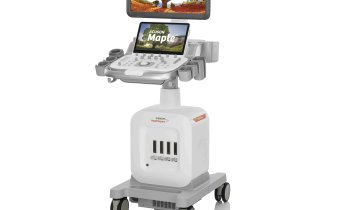MRI
New technology adapts automatically to individual characteristics
Just in time for the ECR, Siemens Healthineers is coming up with an innovation. Magnetom Vida, the new high-end 3 Tesla MRI scanner with BioMatrix technology from Siemens Healthineers, was launched to the public at University Hospital Tübingen yesterday, where the first system is installed. The new BioMatrix technology adapts automatically to individual anatomical and physiological characteristics to offer consistent imaging for all patients.


Due to high levels of exam variability, MRI is often considered to be one of the most complex medical imaging modalities. Physiological and anatomical differences between patients as well as different experiences levels in users contribute to this unwanted variability. This frequently is a source of errors, rescans, and inefficient workflows in MR imaging, making it all the more important that MRI scanners deliver reliable and reproducible image data irrespective of the patient being examined or the person operating the system.
It has been undergoing clinical tests in Department for Diagnostic and Interventional Radiology at University Hospital Tübingen since December 2016. "With this system, we're helping our customers overcome the current challenges in MR imaging – the increasing volume of examinations, the complexity of the scans, and the growing cost pressure. Magnetom Vida with BioMatrix makes MR imaging more robust and more precise, irrespective of inherent patient variability," says Dr. Christoph Zindel, Senior Vice President and General Manager of Magnetic Resonance Imaging at Siemens Healthineers. "Especially the disruptive BioMatrix technology will help our customers achieve fewer rescans, predictable scheduling, and consistent, high-quality personalized examination results. And this is just the beginning of where we can go with the technology; we will continue to develop it further to help foster a new era in precision medicine," says Zindel.
Professor Konstantin Nikolaou, Medical Director of the Department of Diagnostic and Interventional Radiology at University Hospital Tübingen considers Magnetom Vida to be part of the general trend toward precision medicine: "To provide our patients with individual therapies, we need every piece of information available. When it comes to imaging, this means that we need robust, standardized, and reproducible image data that are always of the same quality regardless of the patient or user. Only then we can compare results and link them with additional information, such as data from laboratory medicine or genetics," says Nikolaou, referring to the clinical validation of the new MRI scanner in his department. "Magnetom Vida gives us this data quality and comprehensive image information so that we can choose the right kind of personalized therapy and evaluate it – to see, for instance, how a patient responds to chemotherapy before tumor removal. This MRI scanner along with BioMatrix technology is the perfect fit for our current medical approaches, and is helping us on our way to quantitative radiology," says Nikolaou.
Magnetom Vida as the first system with the unique BioMatix technology is presented at the ECR till Sunday, 5th. This is the first ECR at which the healthcare division of Siemens AG will be appearing under its new brand name – Siemens Healthineers – and with the motto, "Let's shape the future of healthcare together."
Magnetom Vida is pending 510(k) clearance. The product is still under development and not commercially available yet. Its future availability cannot be ensured.
02.03.2017











